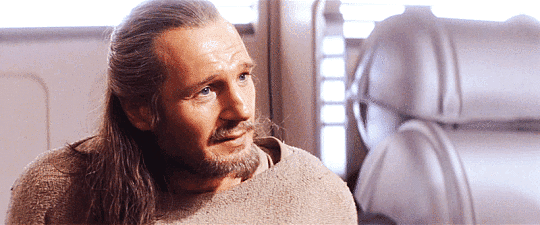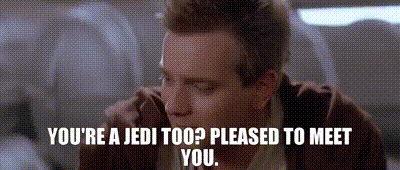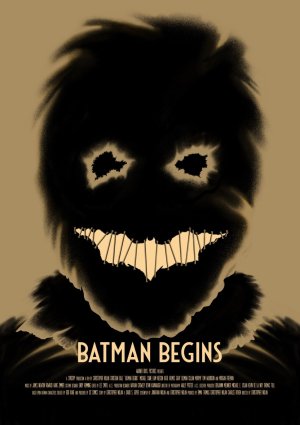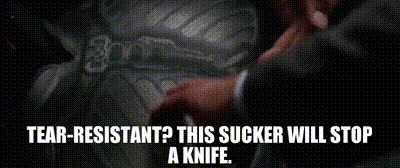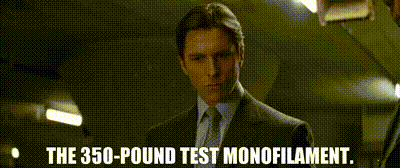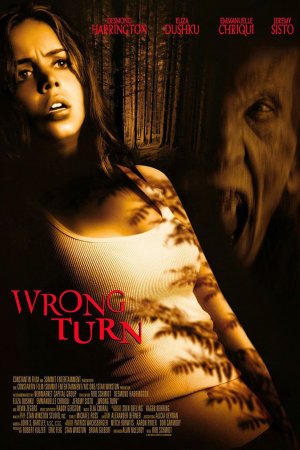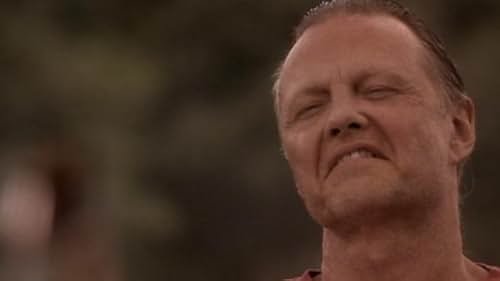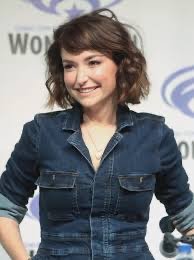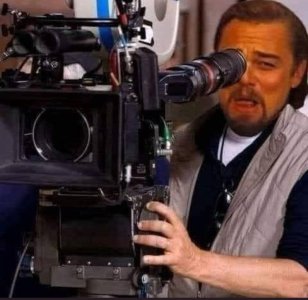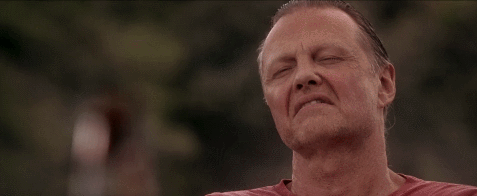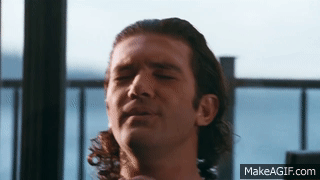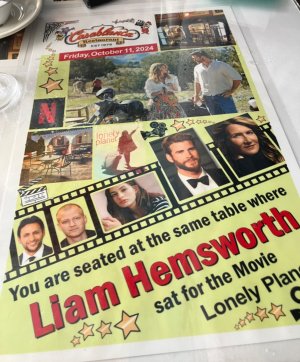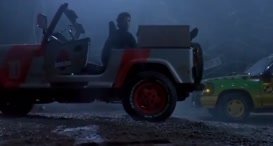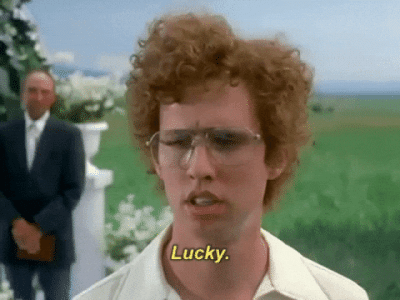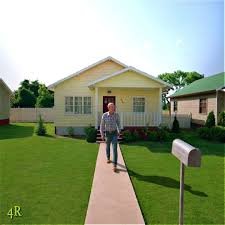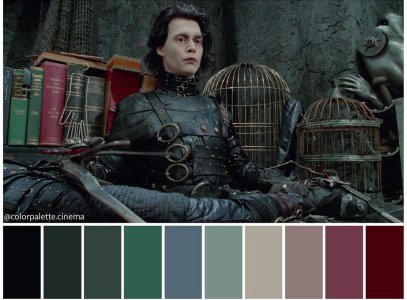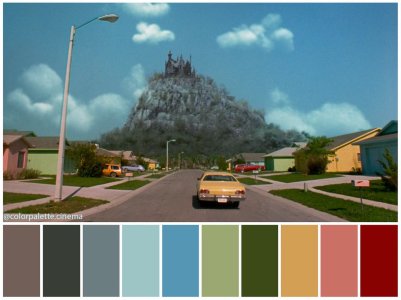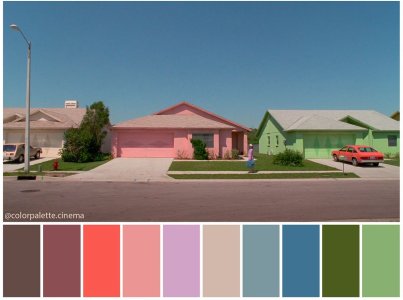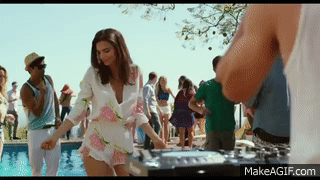IMO, the top three books I would suggest to any aspiring screenwriter is:
1. Screenplay by Field
2. Save the Cat by Snyder
3. Story by McKee
First two books will get your feet wet and really let you know what you're getting yourself into. If you're still interested, make sure to read (the most important book IMO), Story by Robert McKee. He gives great insight on pacing and how to build from beats, to scenes, to sequences, then to acts. Christopher's Vogler's Writer's Journey is also a great read, and it's amazing how the paradigms mentioned in the book relate to any film, whether it's a drama, action, fantasy, etc...
To actually start putting ideas on paper and formatting, The Screenwriter's Bible by Trottier is canon.
IMO, A Screenwriter's Workbook by Field is not essential. Save the Cat Goes to The Movies is a solid book that breaks down the BS2 and provides excellent examples, but more of a support piece. I started Viki King's How to Write a Movie in 21 Days, and so far, there's some helpful material in that as well. Field's Four Screenplays is another nice suggestion, but only because I love the section on how James Cameron developed the Terminator series. As much as I disliked Avatar, I gained a lot of respect for Cameron after I found out how he started as a filmmaker.
BTW, I suggest reading screenplays. Lots of them. But try to avoid shooting scripts.






